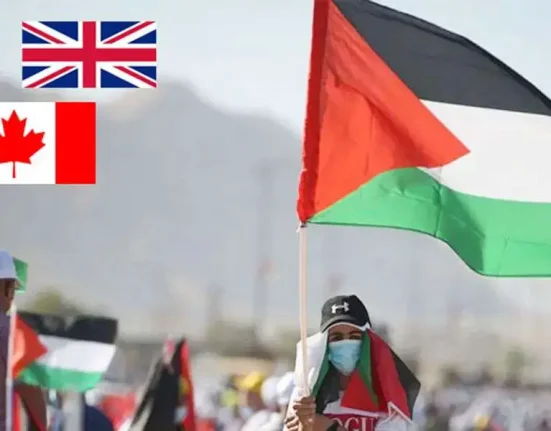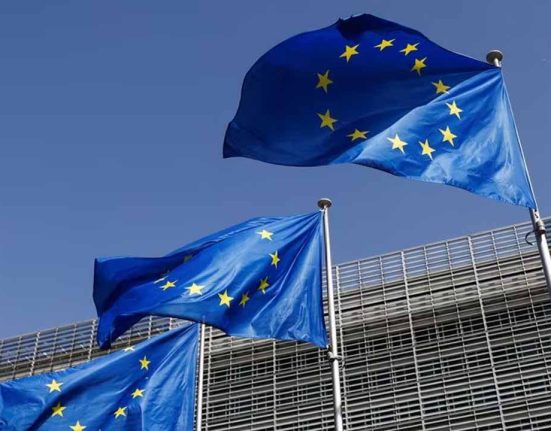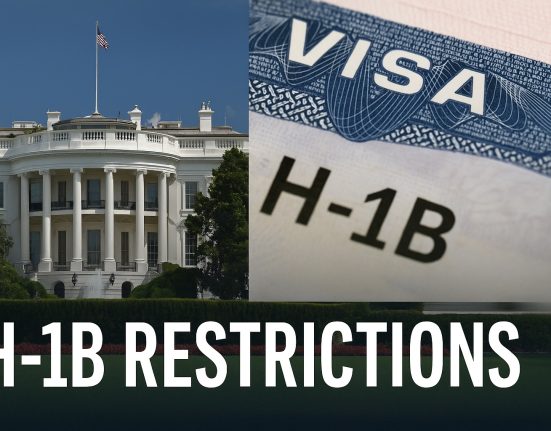In a renewed drive to consolidate Nigeria’s polio-free status and curb fresh outbreaks, the United Nations Children’s Fund (UNICEF) and the Kano State Government have reaffirmed their joint commitment to intensify immunization efforts across the state, with a target to vaccinate at least 4.1 million children against the poliovirus.
This renewed commitment was declared during a media dialogue held in Kano ahead of the 2025 World Immunisation Week. The gathering, which brought together health stakeholders and media representatives, aimed to galvanise public support and spotlight ongoing challenges in the fight against polio resurgence.
Speaking at the event, the Kano State Immunisation Officer, Sa’adatu Ibrahim, noted that the immunisation campaign is a critical part of measures to protect children and ensure that the virus does not regain a foothold in any part of the state. She lamented that despite past gains, recent developments have highlighted worrying lapses in immunisation coverage and surveillance systems.
According to her, Kano has already recorded three confirmed cases of circulating Vaccine-Derived Poliovirus type 2 (cVDPV2) in 2025. These cases were reported from Warawa, Bunkure, and Nasarawa Local Government Areas. Two of them were detected through Acute Flaccid Paralysis (AFP) surveillance, while the third emerged from Environmental Surveillance efforts, signalling silent transmission of the virus within communities.
“These cases are a wake-up call,” Ibrahim warned, adding that between 2023 and 2024, the state had recorded a total of 58 cVDPV2 cases — 27 cases across 11 LGAs in 2023 and 31 cases in 17 LGAs in 2024. She stressed that each missed child in the vaccination process represents a safe haven for the virus, allowing it to persist and spread undetected.
Calling for greater urgency, UNICEF’s Chief of Field Office in Kano, Rahma Farah, represented by Michael Banda, the Senior Education Manager, urged the state government to declare a public health emergency on polio and routine immunisation. He described the current situation as deeply concerning, disclosing that Nigeria had recorded 18 new polio cases across 18 local government areas in nine different states so far in 2025.
“This is a national concern that demands immediate action. An outbreak in one corner of the country poses a risk to children everywhere,” he emphasised.
Farah also highlighted the importance of the upcoming polio vaccination campaign scheduled to take place from April 24 to 30 — aligning with the World Immunisation Week — as a critical step in reaching children who may have been missed during earlier rounds. He called on the media to intensify efforts in countering misinformation and vaccine hesitancy that continue to hinder full community participation.
“Your platforms are instrumental in helping us dispel rumours and promote accurate health information. UNICEF recognises the media as a key ally in the protection of child rights and public health,” he added.
He also pointed out that, globally, over three billion people have been immunised against polio since the launch of the Global Polio Eradication Initiative in 1988, resulting in a dramatic drop in cases. However, he warned that the re-emergence of vaccine-derived strains signals that the battle is far from over.
UNICEF, in collaboration with the Kano State Primary Health Care Management Board, is also urging local government authorities to step up support for the campaign, and called on the state government to demonstrate political commitment by promptly releasing counterpart funding to facilitate seamless execution of immunisation activities.
As the 2025 World Immunisation Week approaches, Kano finds itself at a pivotal moment in the fight against polio — a virus declared eradicated in Nigeria just a few years ago. The state’s success or failure in this effort could have far-reaching implications, not just for Nigeria, but for global polio eradication efforts.







